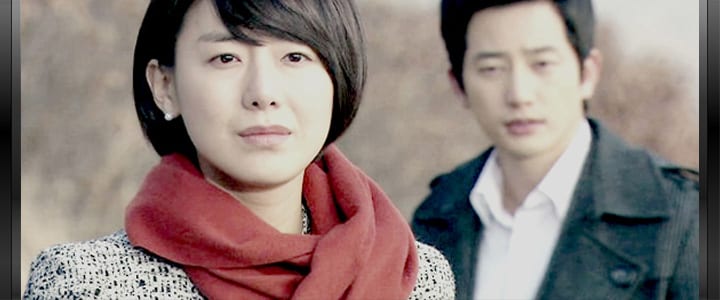As most students know, studying the Korean language can be complicated. Luckily, with the growing popularity of Korean drama (K-drama), it’s much easier, and more fun, to learn popular catch phrases and buzzwords.
Korean drama shows use hundreds of slang words and catchphrases, which can be frustrating for beginning Korean-language students. If this is you, don’t panic. This list will help you understand the characters and story lines in Korean drama.
1. Antis
Anti-Fans, or antis for short, are fans who unite against a certain actor, actress, or singer.
2. Andwae
This Korean word translates to “no way” in English. K-drama characters use this to express shock, fear, defiance, or disbelief.
3. Chaebol
In K-drama, nearly every male lead has played a wealthy heir to the family business (chaebol) at some point in his career.
4. Dongsaeng
A dongsaeng is a younger friend or sibling. Any person who is younger than you is your dongsaeng, regardless of gender.
5. Feels
You know that moment when you cry out or scream when something bad happens to your favorite Korean drama character? There’s actually a term for this.
So next time you watch a scene that destroys your favorite lead (emotionally or physically), just remember to keep your feels in check!
Keep a box of tissues nearby, just in case you’re unable to contain yourself.
6. Hallyu
Hallyu means “Korean wave.” This refers to the increasing popularity of Korean media across the globe, since its world release toward the end of the ’90s.
7. Hul
A Korean slang word that’s used in embarrassing or awkward situations.
You may not use this word in everyday conversation, but you definitely need to learn it to follow your favorite K-drama series.
8. Small Face (Jageun eolgul)
This Korean term is used to describe the size of a person’s face.
The theory is that smaller faces are considered more attractive. Hence why many Korean idols take their photos near large objects.
9. Ya!
This is a rude way to address someone, it’s almost like shouting “hey.”
K-drama stars also use ya when they’re confused, upset, angry, or trying to get someone’s attention.
10. Yeobo
This term of endearment means “honey.” You’ve probably heard some Korean drama couples say this quite often.
Now that you know these 10 terms, you’re ready to watch some of the most popular K-drama series, just consider yourself warned, you may get addicted.
Not sure which Korean drama shows to start with? Here are four shows we recommend for Korean-language students.
Want to learn more Korean words and phrases? Sign up for lessons with a private Korean tutor today!
Maile Proctor


